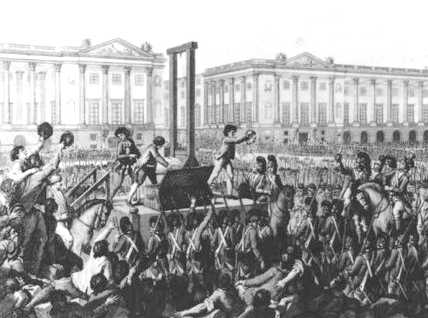people thought that it was going to be a place where everyone could get everything with a bunch of small providers without large corporate control. the problem is that the internet has proven that human nature is to lean towards one-stop shopping
the equation looks something like this: Pro*Num*Sup<=1
where:
Pro= the availability of all products across the storefronts
Num=the number of storefronts
Sup= the average availability of each product within a storefront
the closer a particular storefront can get to offering all products with a nearly 1:1 supply-demand ratio, the more people will want to shop at only one store. the more difficulties a store has with either supply or demand, the more stores available, but market share isn't implicated by this. for instance, youtube, amazon, itunes, et al, are the premiere source for their respective markets. let's assume that youtube takes up about 90% of the market in online video – this implies other stores are taking up 10% and therefore we can assume that their availability of products is very low or at least not anywhere near up to par with youtube. if their products are redundant with youtube, they'll simply go out of business, which means we have a variety of niche providers circulating about. therefore, the internet has not really changed much of anything about business or consumer behavior except the method we interact with the store. note that i said method and not "way" – we're still interacting with a store in the same way we did before the internet, it's just through a computer and not through face-to-face interaction at the storefront.
i'm tired of hearing about how revolutionary the internet is. the vast majority of the public don't use the internet the way that the revolutionary fringe do. revolution is niche.
ask yourself when the last time a revolution truly reallocated power in a meaningful way was.

No comments:
Post a Comment